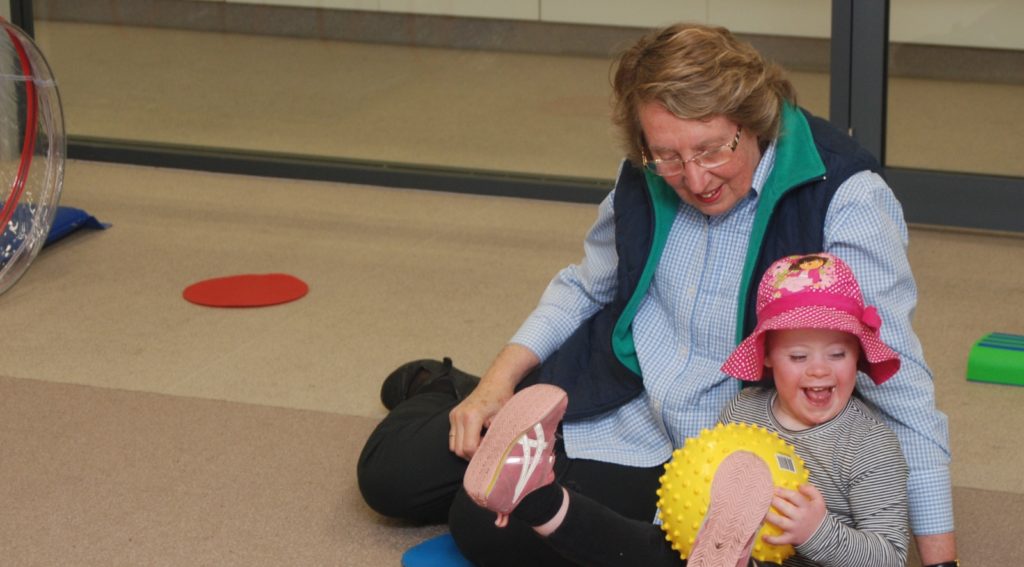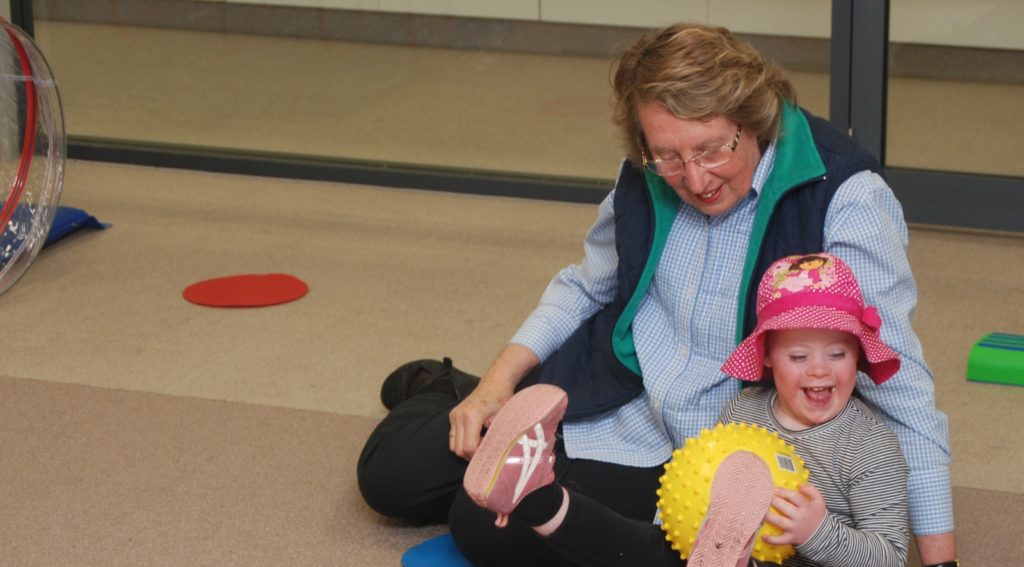Valuing the Unique Role Grandparent's Bring to Children's Lives
EarlyEd celebrates Grandparents Day because grandparents play such an important role in the lives of all grandchildren even when they don’t live close by. When a grandchild has a tough start to life, finds development challenging or is diagnosed with a disability, the role of grandparent can take on a new significance. They can support their grandchild directly or indirectly by supporting the whole family.
EarlyEd acknowledges that in these situations we need to also recognise the feelings and experiences of the grandparents themselves. In some ways their role is even harder than the parents. Grandparents can have the same feelings of shock as the parents. They will want to be able to support their child (the parent) at the same time as supporting their grandchild. They, like the child’s parents, may feel unsure how to respond and may have to adjust their expectations, but they have less access to information about what is going on and what can help.
If early intervention providers plan interventions that find ways to help grandparents feel supported to be more involved in the care of the grandchild, we can find ways to support both child and family.

“NSW Grandparents Day celebrates the role grandparents and older people play in our society – both the things they have done, and the things they keep doing.” We appreciate their diverse relationships, cultural backgrounds, and varied geographical locations.
Grandparent’s NSW.
Grandparents have the opportunity to support parents by listening to concerns and by rejoicing in achievements. Parents of a child with a disability report that they can find it hard to keep sharing with friends when progress comes in small steps and worries are ongoing. With technology we have greater opportunities to share these achievements even when families aren’t in the same country. We can use technology to even “see” what is happening.
All children with a disability or delay will have plans and intervention goals and may even have reports and assessments. It can help both family and child when grandparents are given the chance to understand goals and ways to play and interact with their grandchild. Parents may not naturally think to share this level of information with other family members. Grandparents (and intervention staff) could make this specific suggestion and create opportunities to be meaningfully involved. Understanding the intervention plans explains why things are done the way they are. They can ask to join in a session and meet intervention staff. No matter where grandparents are they always able to help child learn because they find fun and new ways to play and practice. This can even be done via video calls and when visiting on holidays.
Other ways to help are more practical, cooking a meal, helping out with other children, and giving parents time for themselves. Philippa, mother of Scott (now 26 years says). “Time out is the key. This includes baby sitting and well as taking a child out.” “Don’t force it. Just offer.” “It can get harder when children are older so start when they are little.” “I remember my parents took Scott for a week so we could take the other boys on a holiday. It was great for us to be able to do things with them that we couldn’t otherwise do.”
There isn’t much research about grandparents of a child with a disability. What there is suggests that their involvement and support of their children reflected their own experiences and attitudes towards disability and relationship with their children. It does suggest though that being involved with the grandchild did strengthen relationships and that interventionists should try to find ways to encourage this involvement.
“My grandchildren give me so much happiness and love. I love seeing my grandchildren grow up, become independent and achieve so many things.” Bosiljka Mahmic (80) aka Nena
“I helped raise all my grandchildren so my daughters could go to work. This included a lot of support for my first grandson Karim, who has a disability, especially when he was younger. Now he is older he is more independent and I am so happy to see him growing up and achieving his dreams like the other grandchildren.” Grandparents Day NSW.
For more information about helping a grandchild with a disability visit Raising Children or finding support for yourself go to Carers NSW.
Do you want to get more involved and haven’t asked to go along to a session or to learn yourself how to be more engaged? Perhaps talking about celebrating being a grandparent and the importance of grandparent relationships might be the way to get this conversation started.

